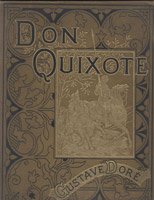 Hispanic Heritage Month is coming up (September 15 to October 15), so there is no better time to celebrate the culture by picking up a novel by some of the greatest writers in its history. Hailing from South and Central America, Spain, the Caribbean and the United States alike, they offer insights not only into Hispanic traditions and norms, but some issues central to humanity itself — like time, love, mortality, passion and personal identity.
Hispanic Heritage Month is coming up (September 15 to October 15), so there is no better time to celebrate the culture by picking up a novel by some of the greatest writers in its history. Hailing from South and Central America, Spain, the Caribbean and the United States alike, they offer insights not only into Hispanic traditions and norms, but some issues central to humanity itself — like time, love, mortality, passion and personal identity.
Here, we’ve collected 50 books that are a great place to start your exploration of Hispanic literature. Whether you’re a college student majoring in Latin American studies, Spanish or something else entirely, these novels are great reads that are sure to stick with you well beyond this coming month’s celebrations.
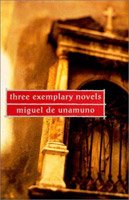 There would be no Hispanic literature without Spain, so here are some of its best novels.
There would be no Hispanic literature without Spain, so here are some of its best novels.
Don Quixote by Miguel de Cervantes
Hapless Alonso Quixano is an aging man, obsessed with books on chivalry. As he delves further into them, losing sleep and his sanity, he embarks on his own quests as a knight. A title that frequently tops list of best novels ever written, it’s a must-read for any college student.
by Miguel de Unamuno
Not a novel proper, but a series of shorter novellas, this work is perhaps one of the best written by the Spanish novelist, philosopher and playwright. Don’t skip the prologue, as many feel it is the best part.
by Camilo Jose Cela
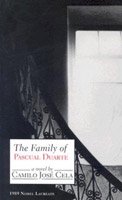 Written in 1942 by Nobel Laureate Cela, this book caused an uproar when it was released and subsequently ended up banned. Why? The novel was part of the tremendismo genre, which is marked by extended and frequent violent scenes. Not for the faint of heart, it is nonetheless a great work of literature.
Written in 1942 by Nobel Laureate Cela, this book caused an uproar when it was released and subsequently ended up banned. Why? The novel was part of the tremendismo genre, which is marked by extended and frequent violent scenes. Not for the faint of heart, it is nonetheless a great work of literature.
by Carlos Ruiz Zafon
This bestselling novel is set in post-Spanish Civil War Barcelona and focuses on a young boy who becomes entranced by a book he finds in a secret, old library. This leads him to seek more works by its enigmatic author — with interesting results.
by Javier Marias
At first glance, this novel appears to be about nothing much at all — no murder, no intrigue — yet for the careful reader, all of these elements are bound up in the subtle prose. While fiction, it caused uproar at Oxford and Cambridge, as many professors thought the characters had been based on them.
With a title drawn from Macbeth, this ambitious novel chronicles the life of Juan, who is struggling to both understand and hide the past (his own and his father’s) from himself.

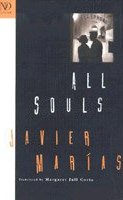
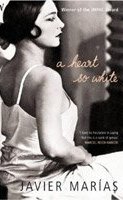
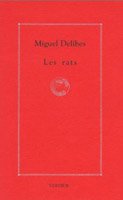
Source: www.onlinecollegecourses.com
You might also like:
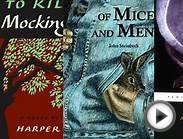
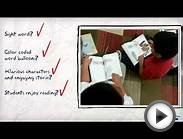
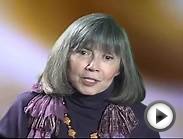
Related posts:

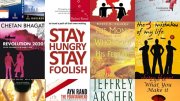

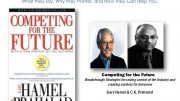



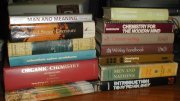
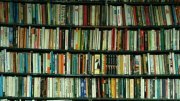
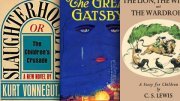





 Children's literature as such probably started in the 17th century; it is generally believed that before then books were written mainly for adults. Additionally, most printed works were hard to come by due to their cost and were mostly available for purchase only by...
Children's literature as such probably started in the 17th century; it is generally believed that before then books were written mainly for adults. Additionally, most printed works were hard to come by due to their cost and were mostly available for purchase only by...









Arnold A. Markley wrote The Criticism Of A Farewell to Arms in Novels.